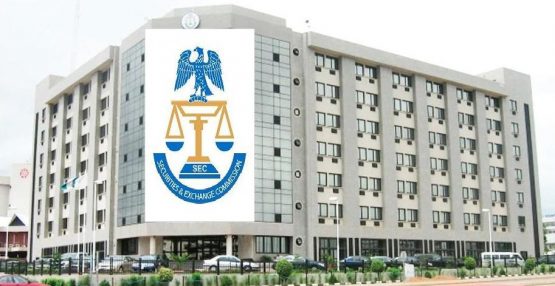Securities and Exchange Commission (SEC) is conducting an investigation into Tourist Company of Nigeria Plc alleged an unauthorised secret Annual General Meeting (AGM). The conduct of secret AGM has sparked regulatory scrutiny and raised questions about corporate governance within the company. The matter came to light following a petition filed by a group of aggrieved shareholders. The SEC is reportedly assessing the legality of the meeting and whether it violates provisions of the Companies and Allied Matters Act (CAMA), SEC rules, and the NGX Listing Regulations. Corporate speculation regarding an unannounced AGM began circulating earlier this month, with some minority shareholders claiming they were neither informed of the meeting nor given the opportunity to vote and participate. Under Nigerian corporate law, proper notice of an AGM is required to be issued to all shareholders 21days and filed with the relevant regulators.
Sources close to the matter said that the petitioners, who are existing shareholders, have raised concerns about non-disclosure and lack of transparency in convening the meeting; possible exclusion of minority shareholders; unratified board decisions taken during the alleged AGM and violation of disclosure obligations under NGX and SEC rules.
A spokesperson from the Securities and Exchange Commission, speaking under condition of anonymity, confirmed that a formal petition has been received and is being acted upon. According to the SEC, preliminary findings validate the claim that the meeting took place without adequate notice and regulatory filing, prompting a full compliance investigation.
“The SEC views corporate governance breaches with utmost seriousness. Any infractions, especially those undermining shareholder rights and transparency, will be met with appropriate enforcement action,” the source stated. The confirmation has sent ripples through the market, especially among institutional investors and corporate governance watchdogs. Though Tourist Company of Nigeria Plc has not yet issued an official statement in response to the allegations toward the SEC probe, investor confidence in the stock has been notably shaken. Market analysts suggest that pending the outcome of the SEC investigation, the company could face regulatory sanctions including: fines or penalties; suspension of directors involved in the breach; nullification of decisions made at the alleged meeting; mandatory convening of a proper, regulatory compliant AGM. This development is especially significant given the company’s ongoing operational and financial challenges, with investors already calling for improved transparency and stronger board accountability. This case reaffirms the increasing vigilance of regulators in enforcing corporate governance codes in Nigeria. It also underscores the importance of shareholder activism, as minority stakeholders are now more empowered to challenge management actions that deviate from best practices.
The NGX and SEC have, in recent years, emphasised greater corporate disclosure and board accountability, especially amid efforts to attract more foreign direct and portfolio investment into the capital market. If substantiated, this case could set a strong precedent for how corporate misconduct is addressed in the Nigerian capital market. Investors and market observers will be closely monitoring SEC’s official findings and timeline for releasing a decision; potential legal action and class suits from affected shareholders; Any corrective action or public response from Tourist Company of Nigeria. The secret AGM held by Tourist Company of Nigeria Plc is no longer speculation but a confirmed regulatory issue now under active investigation by the SEC. This case highlights the growing intolerance for poor corporate governance practices in Nigeria’s capital market and may serve as a watershed moment in protecting shareholder rights and enforcing market integrity.
Trending Now

